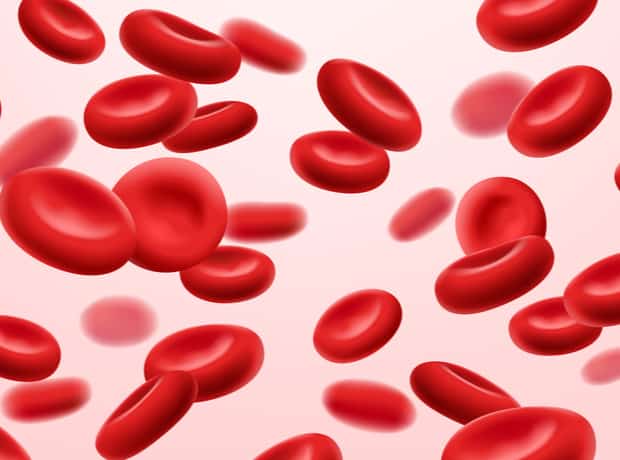Langerhans cell histiocytosis currently affects around one in 200,000 children in the UK
A new collaboration between Newcastle University, the Wellcome Sanger Institute (Sanger) and the SKAN Research Trust (SKAN) aims to investigate early mutations in blood stem cells for a rare blood disorder.
The research project aims to use advanced stem cell genomic analysis to explore cancer subtypes, such as Langerhans cell histiocytosis (LCH), examining the timestamp of genetic mutations that drive the condition and the presentation of its clinical symptoms.
Responsible for around 50 new cases in the UK every year, LCH is a rare immune cell disorder that damages tissue or can cause lesions to form in one or more areas of the body.
The disorder begins in LCH cells, a type of dendritic cell that usually helps the body fight infection and affects about one in 200,000 children up to the age of 15 in the UK.
The two forms of the condition are: single-system LCH, which occurs in only one part of the body and requires minimal treatment, and multi-system LCH, which occurs in two or more parts of the body and most often requires chemotherapy or, in very rare cases, specific targeted therapy.
Researchers believe that these mutations in LCH can contribute to various cancerous and non-cancerous conditions.
As part of the collaboration, Newcastle University will work with leading LCH treating research centres globally to investigate LCH driven by different genetic mutations with SKAN as part of a large cohort study of Indian children.
Newcastle University’s lead investigator, professor of haematology, Matthew Collin, commented: “For patients, it is tremendous that state-of-the-art approaches will be brought to bear on increasing our knowledge of how these disorders arise.”
Ashok Soota, chairman and managing trustee, SKAN, said: “The research is expected to develop valuable clinical tests that will aid doctors in understanding what to expect of each patient.”
Dr Jyoti Nangalia, group leader, Wellcome-MRC Stem Cell Institute and Sanger, said: “We hope that our genomics research will shed light on the origin and trajectory to these diseases to help patients in the future.”















+ There are no comments
Add yours